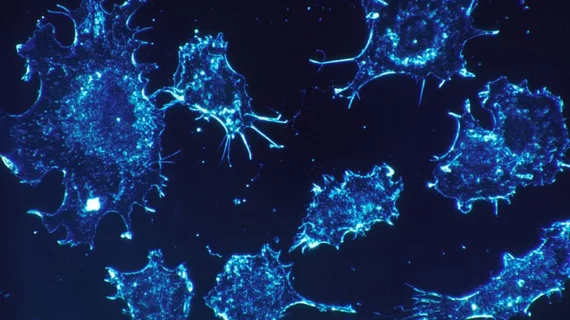AI classifies colorectal cancer pathology samples within 30 minutes
German researchers have created an artificial intelligence system that accurately classifies colorectal cancer tissue samples with the help of infrared microscope imaging.
The team, hailing from the Center for Protein Diagnostics at Ruhr University Bochum, say their algorithm can differentiate between two main CRC tumor types within 30 minutes. And based on the diagnosis, doctors can take a precision medicine-focused approach to choose customized therapies for patients.
Such efforts have long been undertaken through immunohistochemical tissue sample staining, followed by complex genetic analysis. The endeavor would typically take an entire day, Head of the Department of Hematology at Oncology at RUB’s St. Josef Hospital Anke Reinacher-Schick and colleagues wrote in Scientific Reports.
“This is a big step that shows that IR imaging can become a promising method in future diagnostics and therapy prediction," Reinacher-Schick added in a statement.
For their feasibility study, the team tested the model on samples from 100 patients with stage 2 and 3 colorectal cancer. It identified 100% of those with the disease—specifically spotting microsatellite instability tumors—which are associated with a much higher survival rate compared to the microsatellite stable variety. The AI accurately classified 93% of cases that did not have the disease, with only a few samples mistaken for MSI tumors.
Aside from its high marks, Andrea Tannapfel, with RUB’s Institute of Pathology, lauded the method for its ability to do more with less.
"The methodology is also of great interest to us because very little sample material is used, which can be a decisive advantage in today's diagnostics…”Tannapfel added in the statement.
A robust clinical trial is already ongoing to test the platform on samples from the large, German-run Colopredict Plus 2.0 registry.
Read the entire study for free here.

